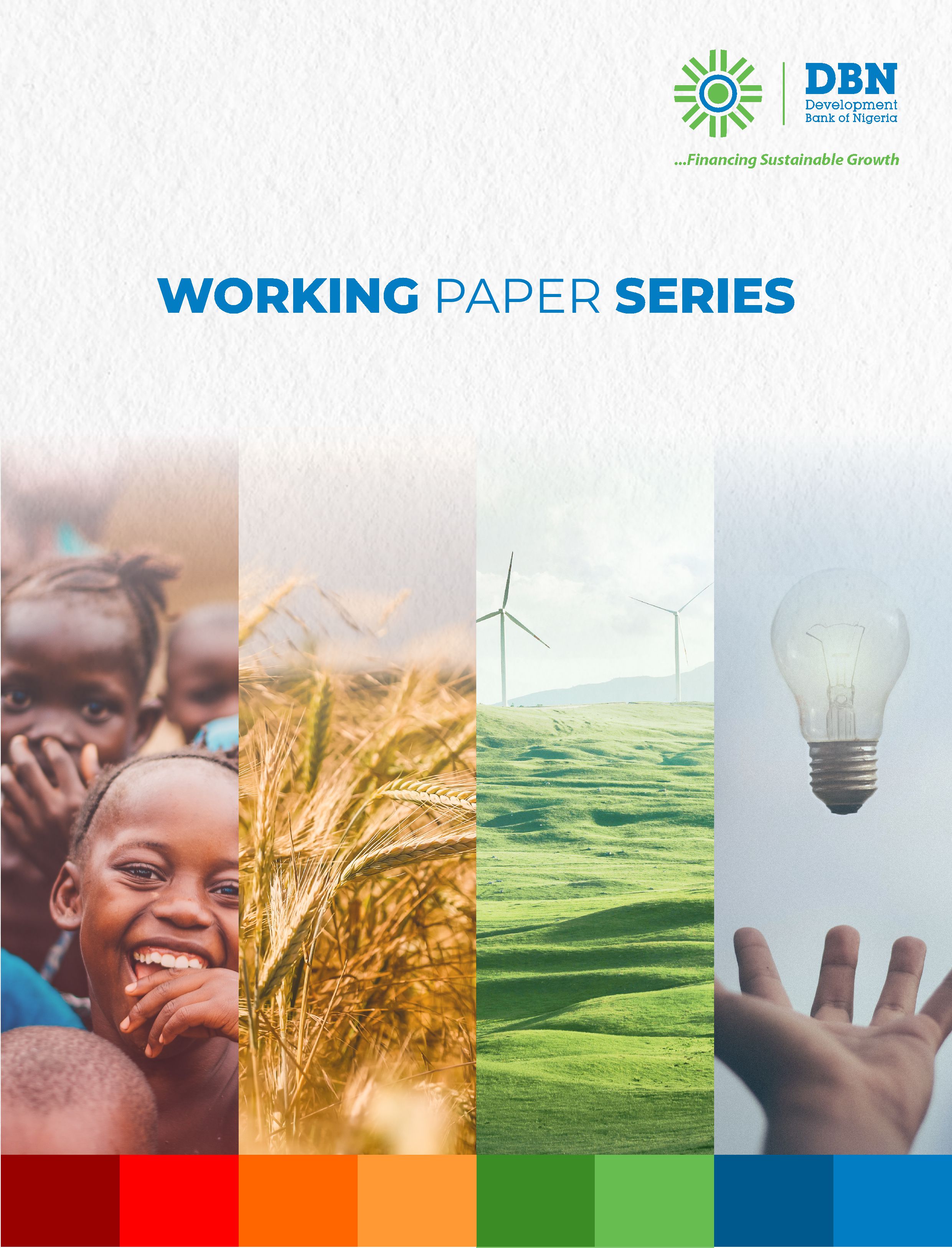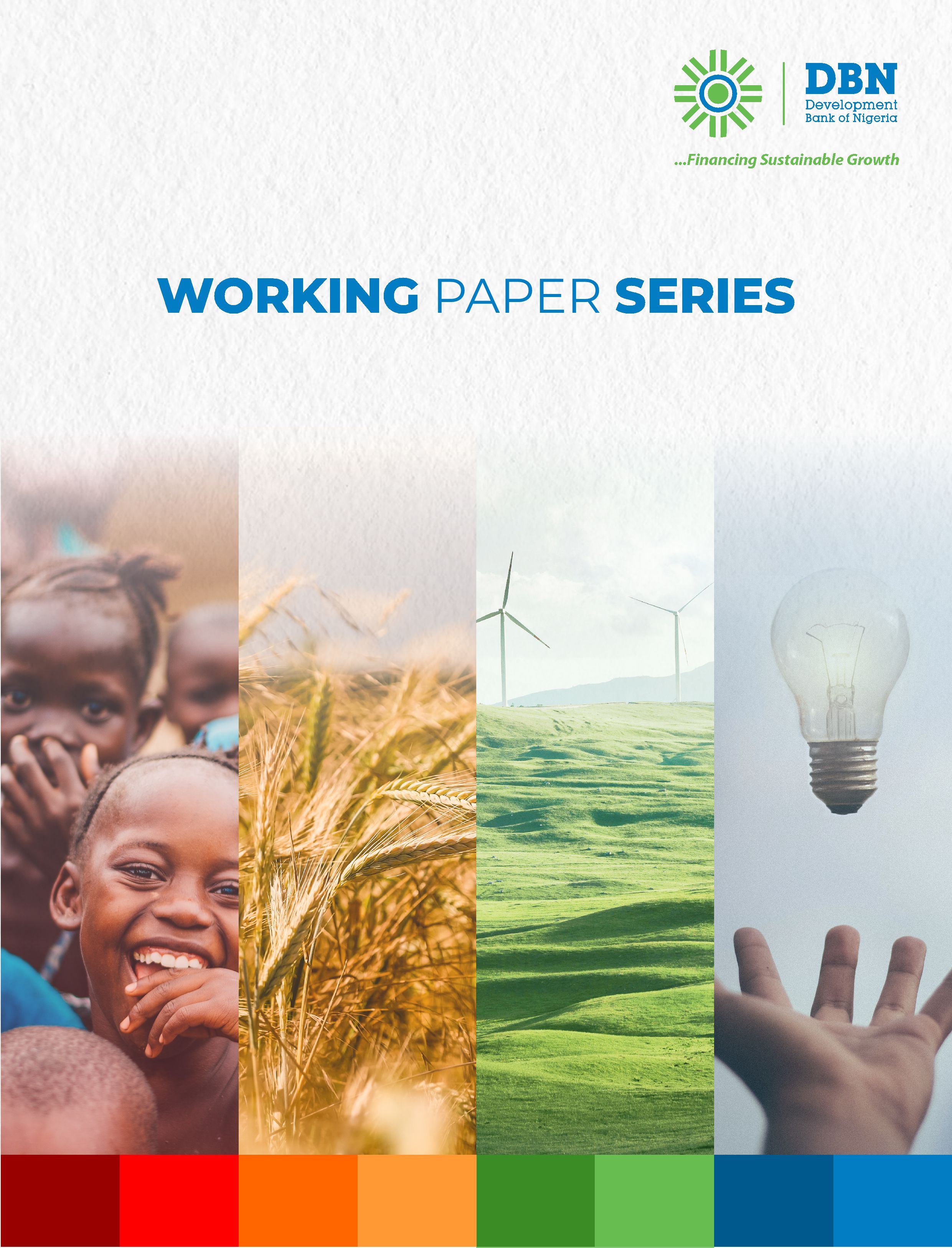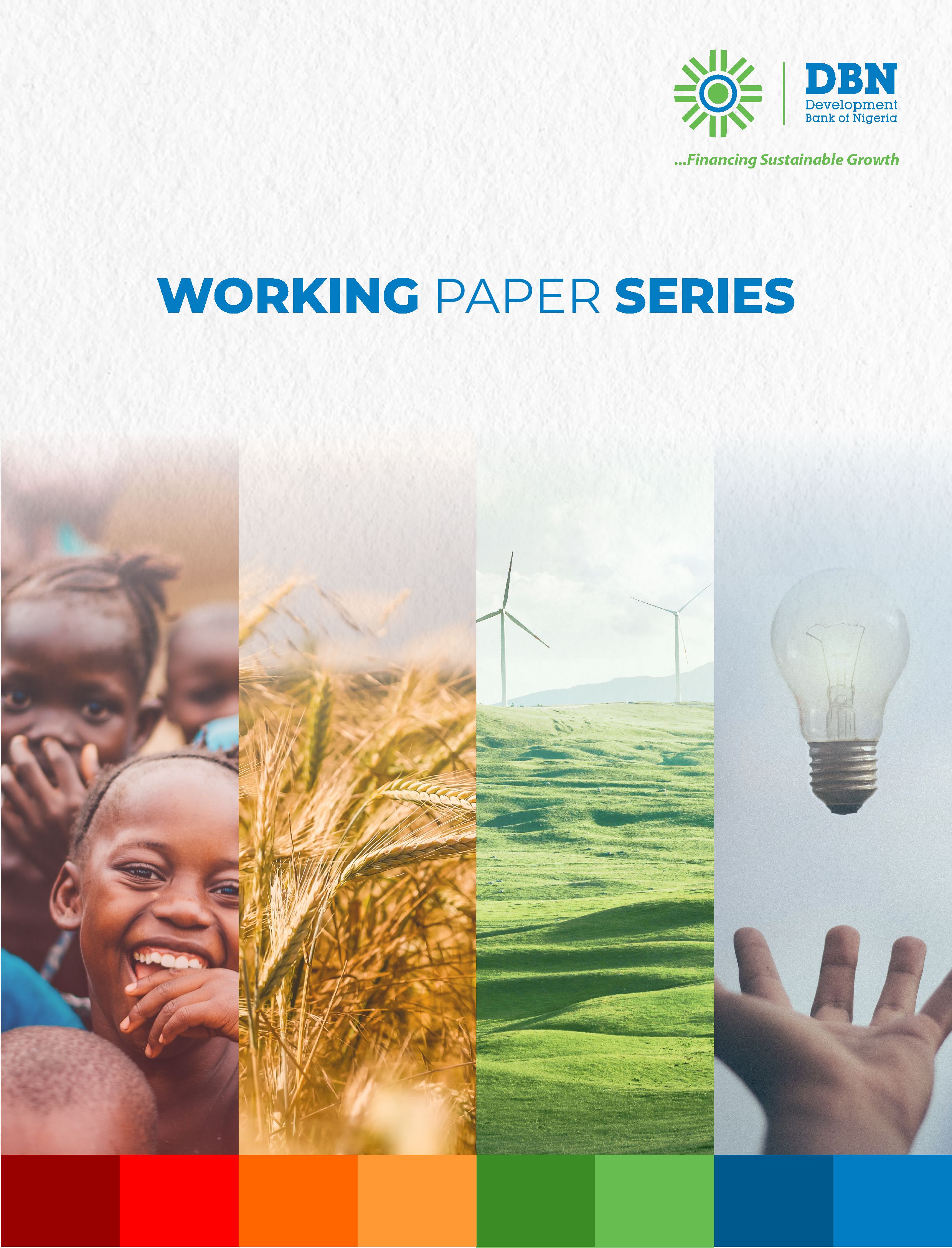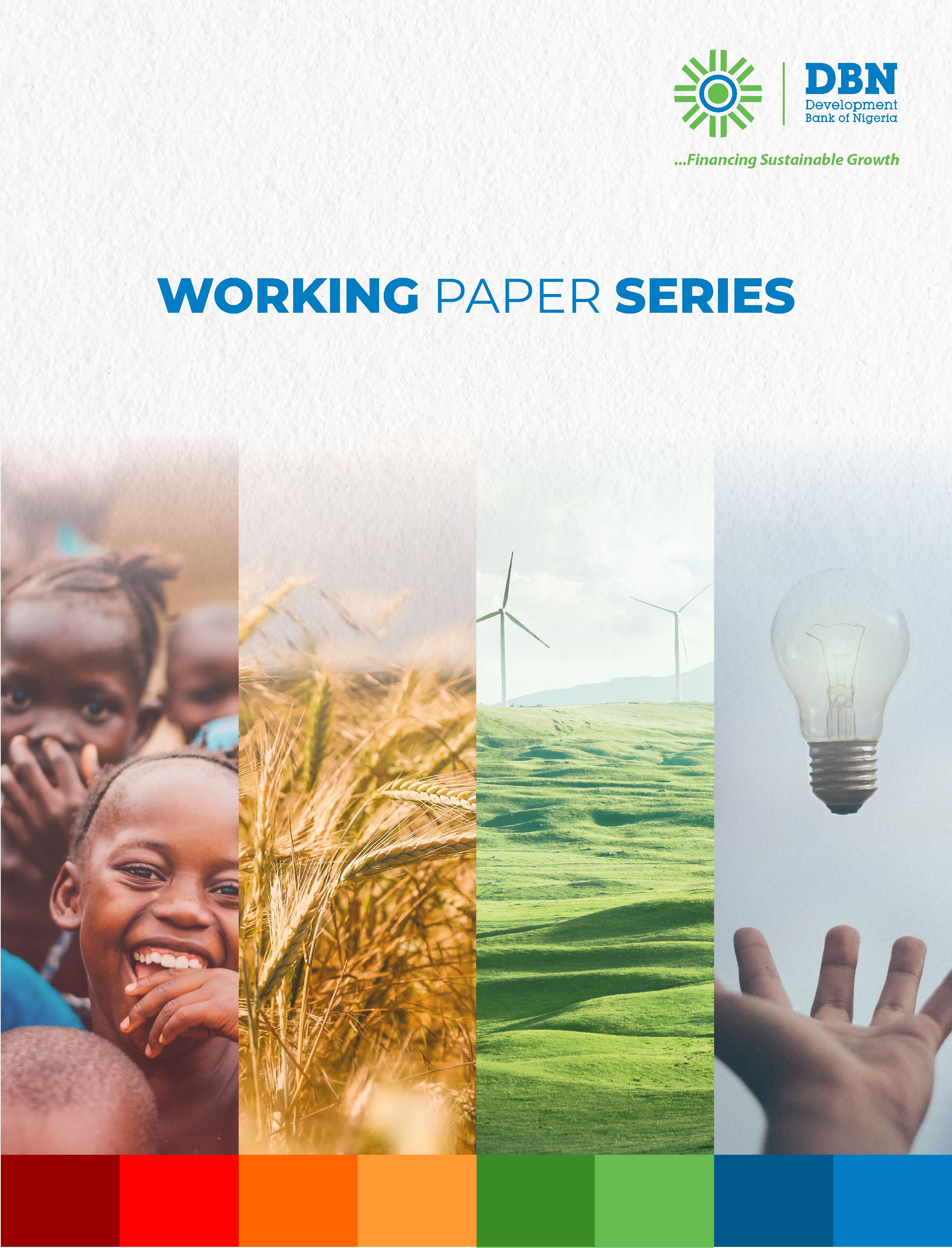
Publication Information
Published by: Admin
Published: 1 year ago
View: 245
Pages: 25
ISBN:
Abstract
An inquiry into the impact of external and domestic borrowings is considered timely for Nigeria, given the growing public debt profile amid deteriorating human capital development. Using data from 1990 to 2021, the study estimates the effects of domestic and external debts on Nigeria’s human capital development. The study employed the fully modified ordinary least squares (FMOLS) and canonical cointegration regression (CCR) as the main estimation technique and the robustness check respectively. The study discovered that domestic and external debt, economic growth and debt servicing exert positive and significant influence on human capital development in Nigeria while environmental pollution has an inverse and significant impact on human capital development in Nigeria. Premised on the outcomes, policy suggestions aimed at enhancing human capital development in Nigeria have been put forward.
Stephen K. Dimnwobi Mr
Ebele S. Nwokoye Mrs
Favour C. Onuoha
Chekwube V. Madichie
Related Publications

VOLUME 7 ISSUE 3 2024
The effect of inequality on poverty and severity of poverty in SSA: the role of financial development institutions

VOLUME 7 ISSUE 3 2024
Energy Efficiency Investment in a Developing Economy: Financial Development and Debt Status Implication

VOLUME 7 ISSUE 3 2024
Tourism and income inequality in sub-Saharan African countries: the role of democracy
